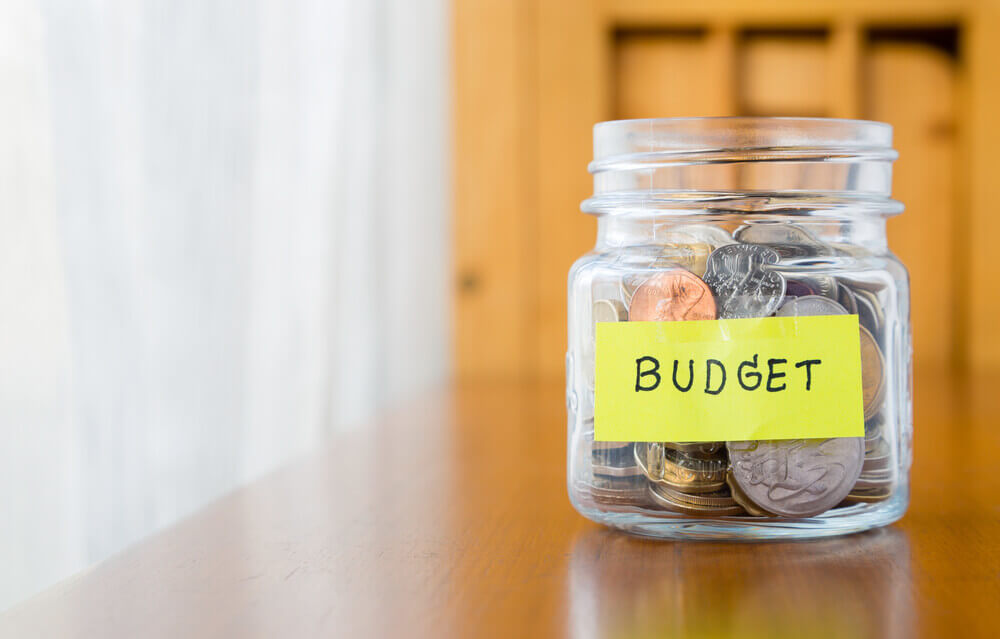
For hotels, budget season is the main event of the year—a time when owners and operators battle it out in the ring over next year’s spending.
NB: This is an article from IDeaS
It’s often a grueling match, with round after round of negotiations that leave both sides exhausted and no clear winner. Add to that a global pandemic and unprecedented demand disruption, and this year promises to be the ultimate smackdown. In the midst of a crushing downturn, and with no direct path to recovery in sight, how will operators possibly meet the expectations of owners? And if all bets are off, how will hotels know where to focus spending for the uncertain year to come?
There’s no need to throw in the towel just yet. With the right tools and strategies, hoteliers can create a budget plan that protects owner assets while demand is weak and comes out swinging as demand gains strength.
One Shared Objective: Survival
During budget negotiations, conflicts often arise from differing priorities. Whereas operators are primarily concerned with guest acquisition, satisfaction, and retention, the imperative for owners is to maximize asset value and return on investment. Operators don’t want to overcommit, and owners don’t want to compromise.
In 2021, unless there’s a sharp bounce-back in travel rather than the steady recovery many predict, owners and operators will have no choice but to set aside differences and align under one overarching objective: Survival. The true adversary is the crisis and overcoming it will require cooperation and shared expertise from all stakeholders. For many hotels, this will drive the need for greater efficiencies and, in many cases, a restructuring or consolidation of existing roles.
Leaner and Stronger
In preparing for 2021, hoteliers should think more like owners, taking a highly pragmatic approach to decision-making that is firmly grounded in data and focused on the bottom line. Every dollar spent must be scrutinized and justified, and every worthy revenue opportunity pursued.
This approach applies to every department in the hotel. Once aspirational, total revenue performance has now become vital. This means applying revenue management practices to all revenue streams and making decisions that deliver the highest overall value to the hotel.
For many hotels, capital investments, special projects, and other nonessential expenditures will have to be placed on hold. While these are hardly ideal conditions for operating a hotel, the austerity period need only last until business picks up and profitability resumes.
Hope for the Best, Plan for the Worst
With so much uncertainty in the travel outlook, expect a budget season unlike any other, with changes to market segmentation and comp sets and a high dependency on rolling forecasts to understand how demand is evolving.
Hoteliers will need to plan for multiple scenarios in 2021: Worst-case, best-case, and somewhere in between. This means preparing several variations of the budget and operational, marketing, and revenue plans. It’s a lot of work, but it will help hoteliers anticipate a range of market conditions and act decisively as opportunities arise.
Be careful not to be misled by data that gives an overly optimistic view of recovery. An increase in occupancy of 20 percent may sound impressive, but not so much if the previous period ran at 30 percent.
Rather than use 2020 as the benchmark for 2021 performance, consider it an outlier and a cautionary tale. Set your sights on recapturing (and eventually surpassing) pre-crisis numbers—if not next year, then in 2022 or 2023.
And while market indices (rate, occupancy, RevPAR) remain important indicators of performance relative to competitors, market share doesn’t pay the bills. Keep the focus on total revenue and profitability with additional metrics like NRevPAR (net revenue per available room), TRevPAR (total revenue per available room), and GOPPAR (gross operating profit per available room).
Punch Above Your Weight
Much like this year, expect to perform a lot of forecasts, analyses, and reforecasts in 2021. This will be critical for keeping owners and lenders informed, identifying new opportunities, and managing expenditures.
Even before the crisis, the data management needs of hoteliers had long outgrown the basic spreadsheets and manual tasks commonly employed. As hotels increase reliance on financial data to navigate recovery, those that truly wish to perform above the market need technology that automates and standardizes budgeting, forecasting, and revenue management processes.
At the corporate level, owners and management companies need standard reporting tools and methods to monitor and manage performance by property, group, region, and portfolio. Some of the smartest investments—with the fastest returns—leading into the new year and beyond will be those that enable everyone—from revenue managers to commercial leaders—to do more with less via intelligent automation and machine-learning technologies.
Start Gearing Up Now
Once the budget is approved, the next big hurdle will be to get staff buy-in. This will be much easier if you include managers early on in the budget-building process.
While you won’t want to alarm employees, everyone needs to understand the urgency of the situation, the reasons why cash flow and cost control are paramount, and the role they can play in achieving financial objectives.
With smart, proactive planning, owners and operators alike will emerge from budget season feeling like champions, ready to face the battles ahead.




